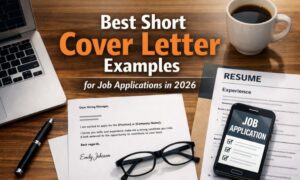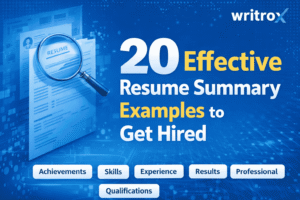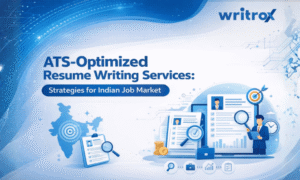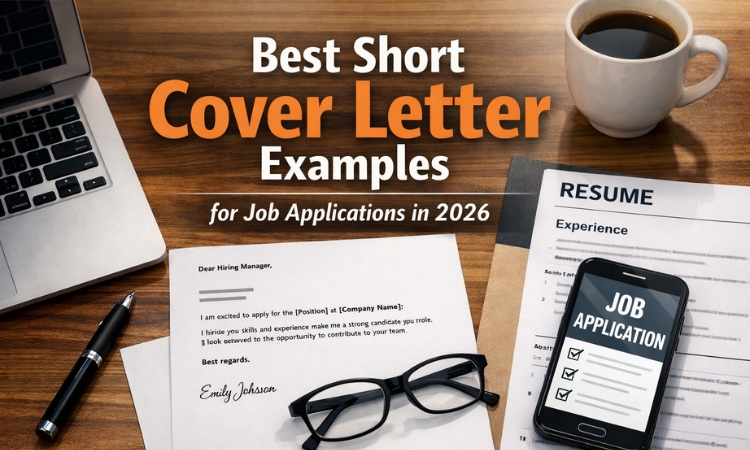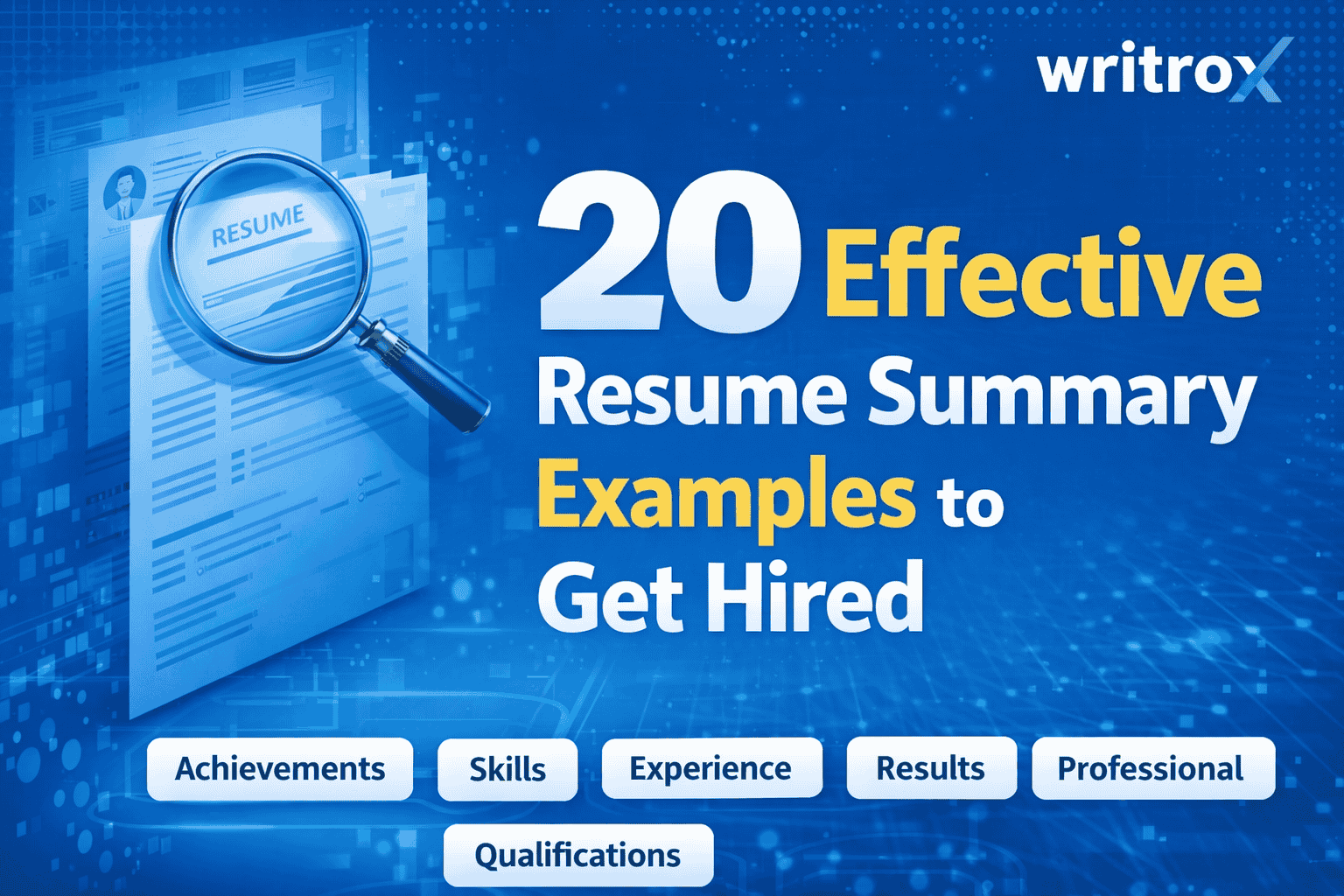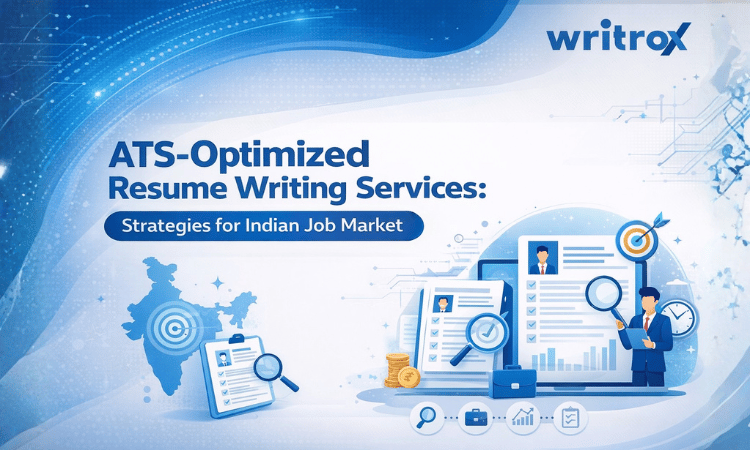You arrived early and stayed late. You’ve guided others to achieve success, and your statistics speak for themselves. It may be time for you to take another step up in responsibilities to senior management.
You want more accountability rather than more credit.
Senior executives must have a strong feeling of accountability for personal and company outcomes.
Executive positions can be hard to come by. While the majority of executive job openings are the result of someone leaving the organization, outsiders with executive expertise are frequently chosen to fill them. However, there are ways for a manager within a company to gain access to the C-suite from within.
1. Be an Inspirational Source
People support those who inspire them the greatest. Become an example to your staff and leadership team by connecting authentically, going the extra mile, lending a compassionate ear, and empowering them to identify solutions via intelligent inquiry. These are some suggestions to help you stand out as an executive that employees will look up to as a leader.
2. Seek Out Opportunities to Help Others
Do your best in your current position while continually looking for ways to serve others. This can involve offering to work on projects with senior executives where your contributions can supplement theirs. If you accomplish this, you will receive indirect mentoring and sponsorship. Finding opportunities to contribute allows you to receive praise in ways that are more in line with servant leadership.
3. Acquire from the Best
Having the right advocate and mentor is critical for any manager trying to advance to the executive level. When it comes to moving forward, taking advice, getting help navigating the obstacles, and learning about the developmental requirements from others who have done it is quite valuable. Learn from the greatest if you want to be the best!
4. Communicate Effectively
Too many professionals believe that obtaining another degree or “X years of experience” would propel them to the next level. Knowledge and titles have become commodities in a more competitive environment, making people “experts.” Those who can establish themselves as actual authorities in their fields, on the other hand, stand out. It is all about reducing things, connecting the dots, and communicating effectively.
5. Create a Success Roadmap
Make a plan, so you have an objective roadmap to success. We frequently work with leaders who advance to the executive level and believe they have arrived. How can you keep your interest in improving your skill set alive? Target areas that you want to develop as you embark on this new role and establish a plan that you can assess, interacting with your stakeholders for help along the way.
6. Be aware of the role in its entirety.
The transition to executive leadership is a significant step that demands courage, humility, and discipline. It is critical to first comprehend the function as a whole before conducting assessments to discover gaps in executive abilities, skills, knowledge, and expertise.
You could even argue that an executive-level professional has it much worse. You’ve most certainly worked various positions throughout your career, working your way up and possibly even dabbling in completely different industries or divisions. You may not have needed to interview for a select few, gaining jobs and promotions solely through your network.
The point is, at your level, the people you’ll be competing against for this position will come from a variety of backgrounds. Your CV and cover letter must be impressive.
Here is a basic checklist to assist you in reviewing your executive CV and including only the most essential aspects:
1. Determine what you want and tailor your CV to those positions.
This is the most critical step, and we can recommend it. Your resume can be visually appealing and well-written, but it will not deliver if it is not tailored to the position title and industry you seek. Begin by locating a few representative job postings. Then, highlight the areas that are important to you and compare your top keywords and key points to those keywords and phrases.
2. Use anchor words and phrases.
These define the outer edges of your resume. They assist build your reader’s perspective of you because they get the initial view. So, what do you want them to know first? It makes no difference whether you are a fantastic turnaround executive unless your reader understands the scale and scope of the environment in which you work.
4. Highlight the area you want the viewer’s attention to first.
Consider all of the resumes you’ve reviewed as an executive and how a lack of clarity and concentration caused immediate irritation. Take attention to where your eye lands on your own résumé and the perception it creates. This is your résumé for a quick scan Your resume is performing double duty because it must perform at both the superficial scan (and pass this test) and the deeper read (usually in an interview setting as the vetting process evolves).
5. Keep your summary paragraph brief and to the point.
As stated at the beginning of this piece, deep paragraphs tend to lose the reader. Providing information in small bursts, call-out boxes, and even charts or graphs allows your reader to digest more information.
6. Avoid going back more than 20 years.
There are exceptions, but in general, what you accomplished in 1995 will not be as significant or consequential as what you have done in the recent five years. Maintain your attention on the accomplishments and information that are most relevant to your current goals.
7. Share your story.
Don’t believe that just because you worked at Microsoft, every reader of your resume will understand the specifics of your position since they are familiar with the company. At worst, it appears arrogant. Respect your reader by not making them guess.
8. Take the lead with your stats.
This proves once again that you understand what your audience expects from you — results. Begin your bullet points with the eventual outcome in mind. Then you can tell them a little about how you achieved it. This is your resume’s second most crucial component. Most people outline their tasks in their CVs. Leaders must explain what happens when those duties are completed correctly.
While you have everything going on for you, finding time to develop an Executive resume that stands out may be a task that adds to your stress. To avoid this, you may hire a resume writing service that offers an executive resume writing service with resume writers and specialists who understand your function, responsibility, and industry at its finest so they can create an exceptional Executive CV for your dream role.




